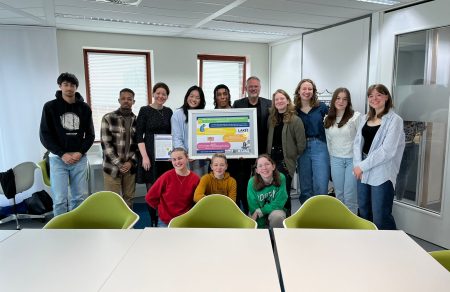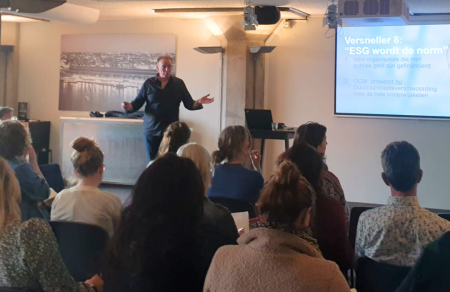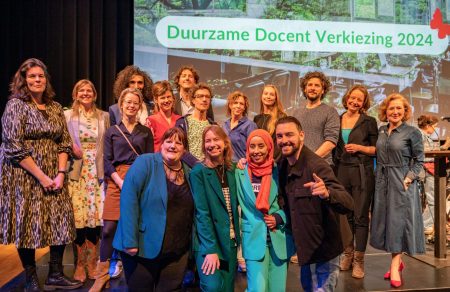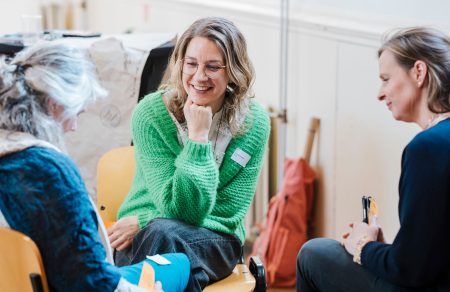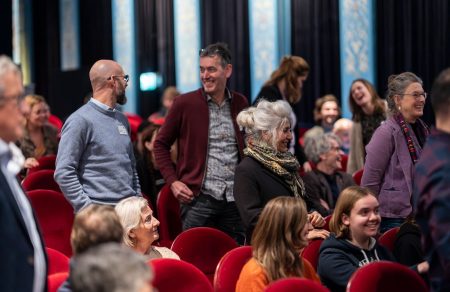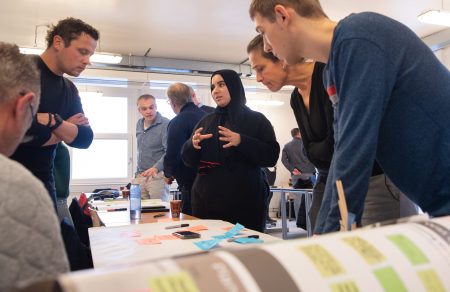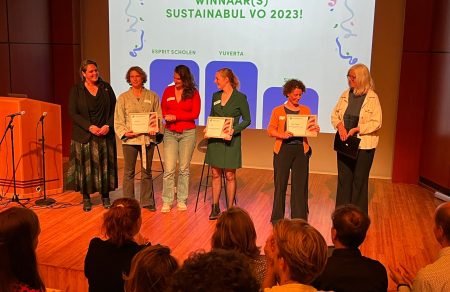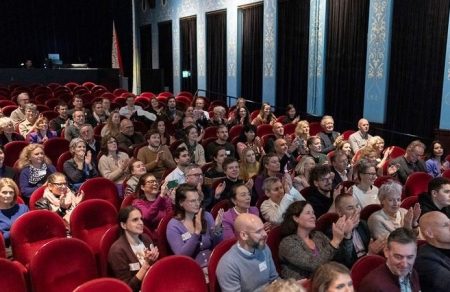Armed with scissors, the hairdressing academy at ROC Friese Poort is taking its first steps towards sustainable education. And that is necessary because the hairdressing industry is not green yet. Shampoos, conditioner, gel, paint, they are all packaged in plastic. These and many other products are now hardly recycled and the paint residues are simply flushed down the drain.
Time for a change, agrees Corina Kramer, senior instructor of Appearance Care at ROC Friese Poort: "Completely zero waste is not going to happen yet. But if we really want to, it is possible to eventually produce no waste at all. A lot has to happen if we want to offer CO2-neutral education by 2030. That turnaround by 2030 is really necessary." But how do you do this with a profession that constantly creates a waste product in the form of hair? At ROC Friese Poort, cut hair is no longer seen as waste and recycled. "Hair is a natural source of proteins and keratin. The hair we collect is chopped into small pieces and turned into compost. This is done by a Dutch company that focuses on processing animal slurry into compost. They process the hair to create a circular product that returns nutrients to nature. At the moment, the compost is going abroad because it is not yet allowed to be used in the Netherlands. But eventually it will come back here in the form of grains, crops and animal feed," says Kramer.
Water consumption is also being worked on. At first, 13 liters of water per minute flowed through the hairdresser's sinks. Meanwhile, water-saving taps have been installed and water consumption has decreased to 3.5 liters. Kramer is enthusiastic: "It seems like a good investment and I think it is very wise that Friese Poort is looking at all taps broadly, because of course this saves an awful lot of water and heat."

